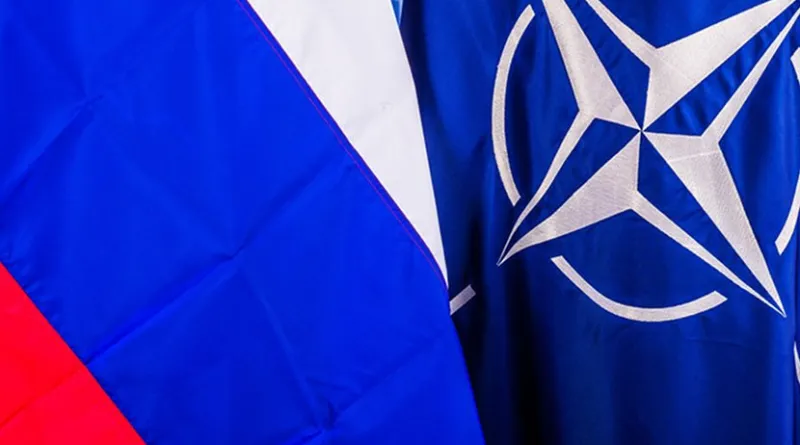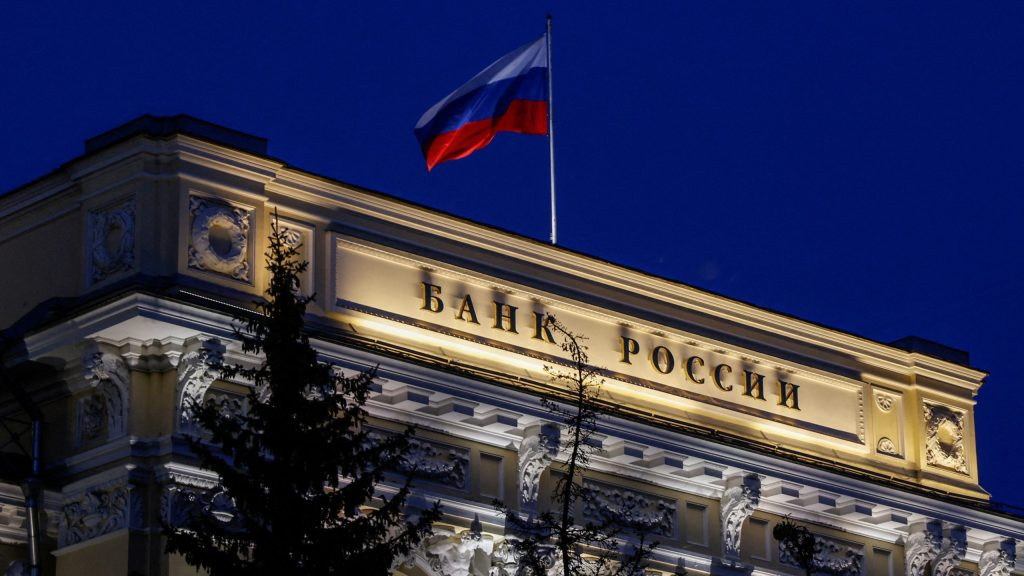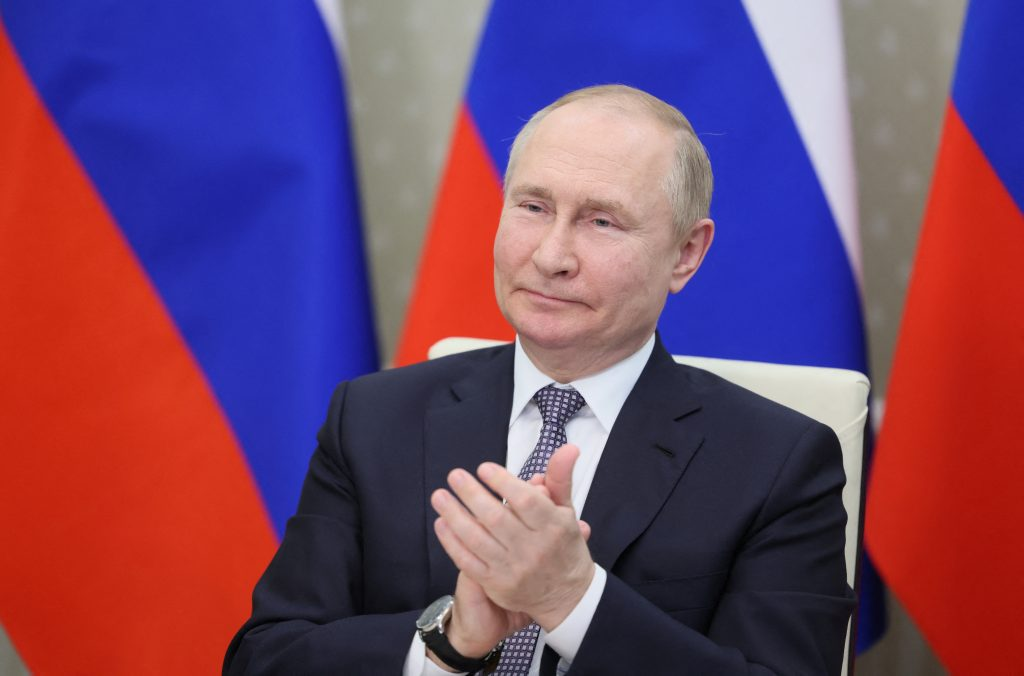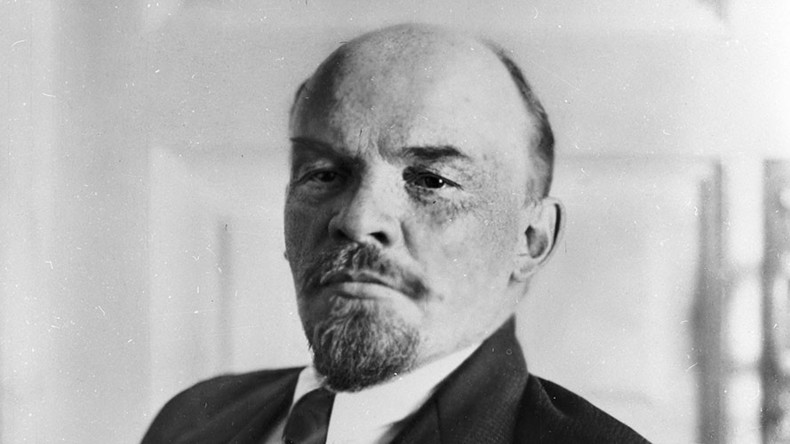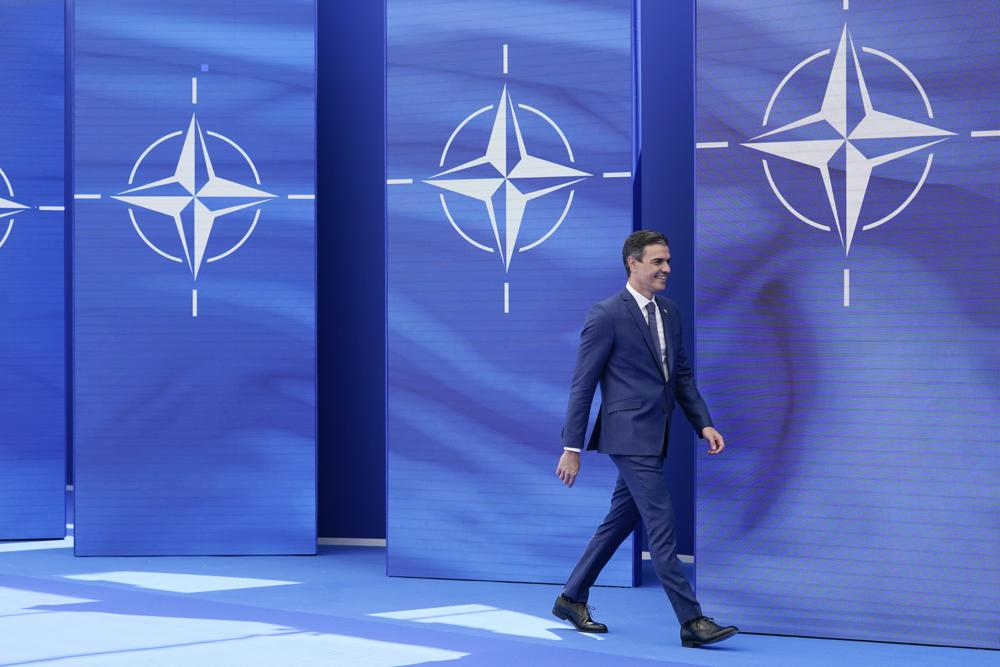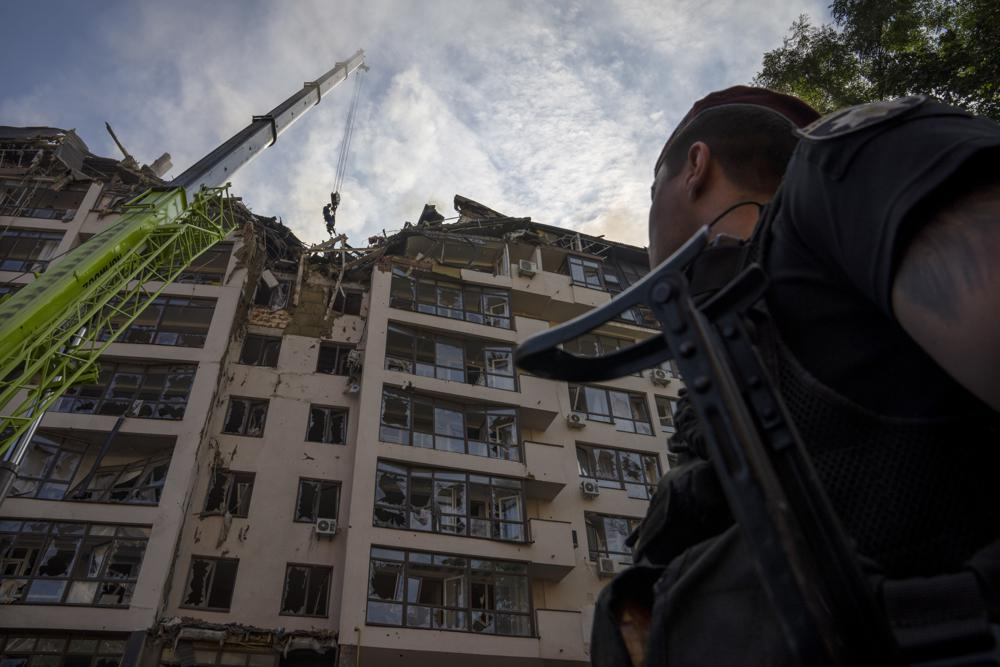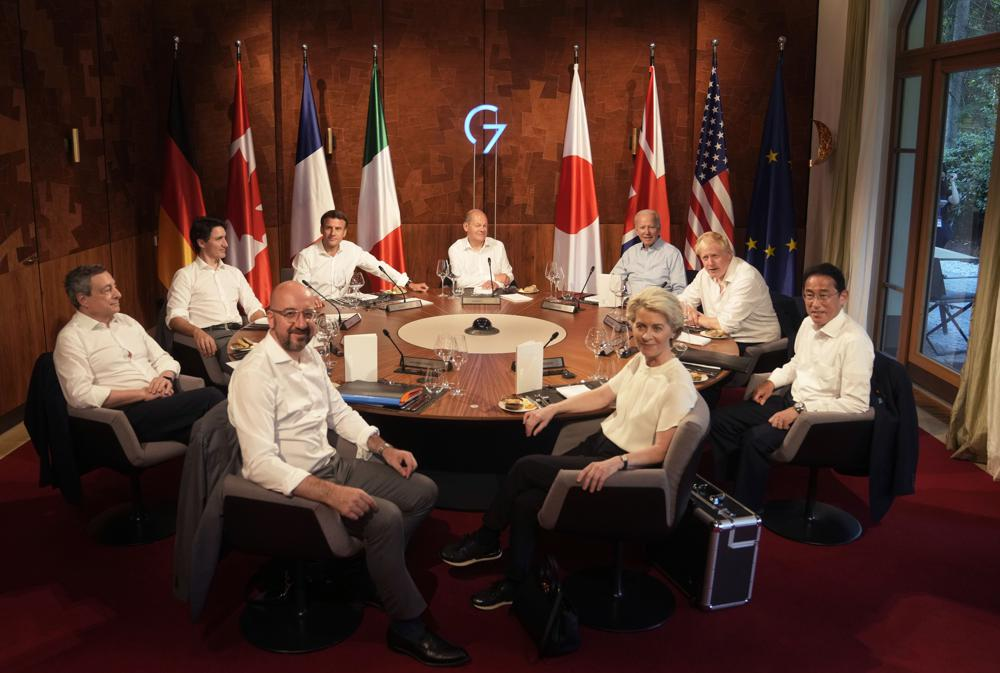Putin’s War In Ukraine May Spark Variety Of Epidemics, Epidemiologist Says

Cholera outbreaks in Ukrainian cities whose infrastructure has been destroyed by Russian forces has already attracted attention, but Natalya Vinograd, a Lviv epidemiologist warns that there are risks of tetanus and typhoid epidemics there as well for the same reason.

